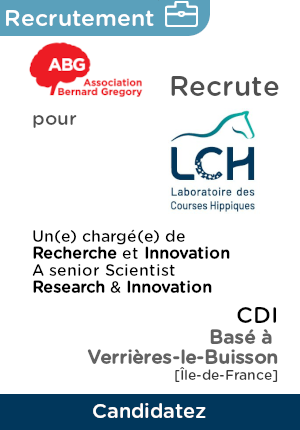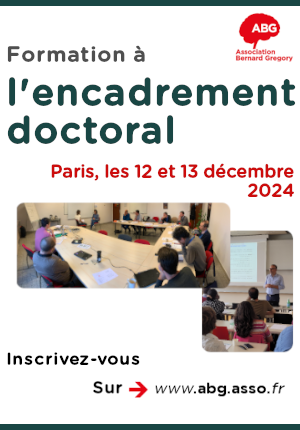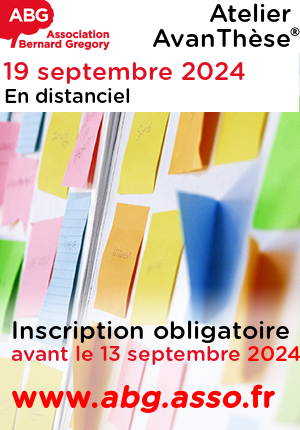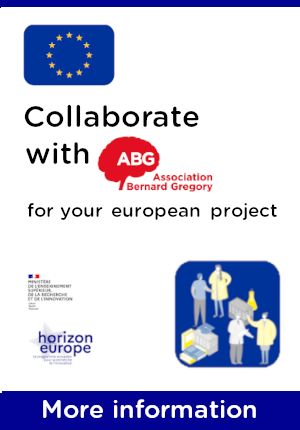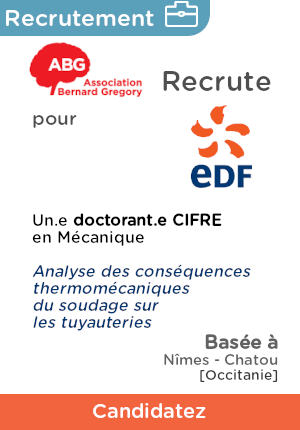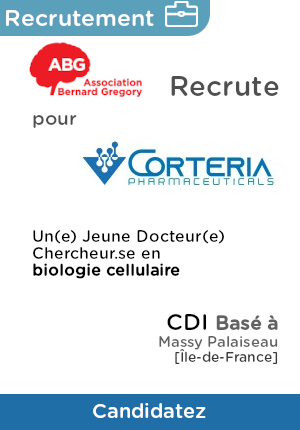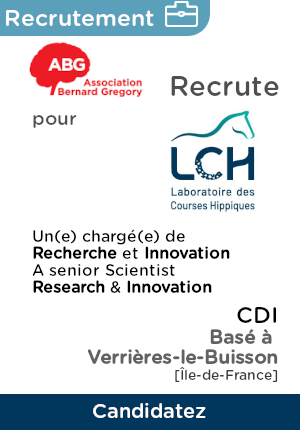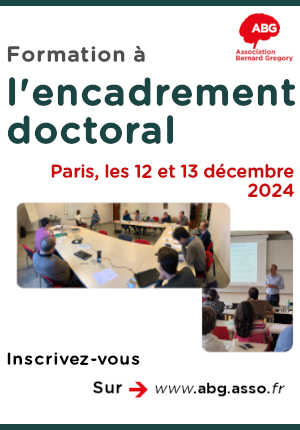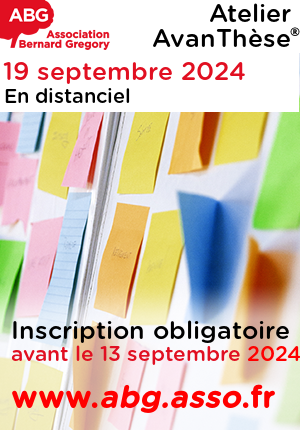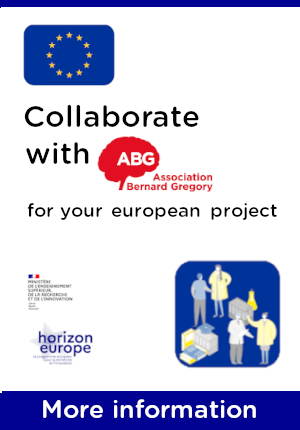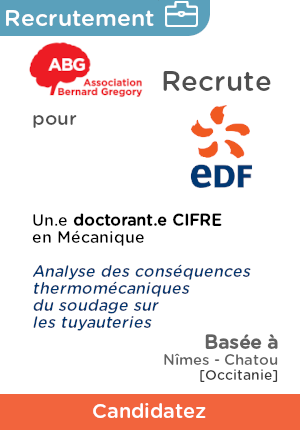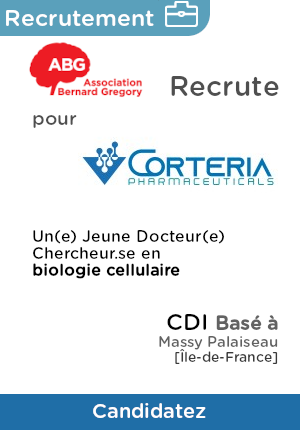Molecular mechanisms of stress granule phase separation
| ABG-125108 | Thesis topic | |
| 2024-07-12 | Other public funding |
- Biology
- Biotechnology
- Health, human and veterinary medicine
Topic description
We are looking for a talented and highly motivated PhD student to join our team.
The assembly of stress granules is an integral part of the host stress response, a central pathway that controls host protein synthesis [1]. Stress granules form by a cytosolic liquid-liquid phase separation event in which stalled mRNAs are separated from the rest of the cytosol along with translation factors and RNA-binding proteins. Stress granules are often observed during viral infections. Our previous research has shown that chronic infection with hepatitis C virus induces a unique temporal control of this stress response, with alternating states of translational arrest and activation accompanied by the assembly and disassembly of cytosolic stress granules [2,3]. Stress granules are dynamic structures that rapidly assemble under various stress conditions and disassemble within minutes as cells recover from stress. However, the formation of persistent stress granules has been implicated in the pathogenesis of stress-related diseases and inflammatory conditions, including cancer and neurodegenerative diseases.
You will be engaged in an ambitious project at the interface of molecular biology and synthetic cell biology. The project aims at investigating the molecular mechanisms involved in stress granule disassembly, including the role of post-translational modifications, in the context of viral infections, immunity, and neurodegenerative diseases. For this, you will combine analyses in living cells with cell-free droplet-based microfluidics approaches. This project will make a major contribution to our molecular understanding of stress granule phase separation and pave the way for the long-term development of therapeutic interventions.
You will use a combination of state-of-the-art cellular and molecular biology techniques, virology techniques, in vitro transcription and in vitro translation methods, confocal-based microscopy, droplet-based microfluidics.
The project benefits from a close collaboration between the Spatz Lab (MPI for Medical Research, Heidelberg), focusing on microfluidics approaches, and the Ruggieri lab, focusing on the biology of stress granules and on the regulation of the integrated stress response. The project is part of a DFG-funded research consortium (SFB1129) on "Integrative Analysis of Pathogen Replication and Spread", embedded within a lively community of scientists in Heidelberg.
We offer an open, dynamic, and challenging work environment where teamwork, initiative and originality are encouraged and valued.
PhD applicants should send their application via the Heidelberg Biosciences International Graduate School (HBIGS) (https://www.hbigs.uni-heidelberg.de/) - Offer Ruggieri-02
References:
1. Eiermann, N., Haneke, K., Sun, Z., Stoecklin, G. & Ruggieri, A. Dance with the Devil: Stress Granules and Signaling in Antiviral Responses. Viruses 12:984 (2020).
2. Ruggieri A, Dazert E, Metz P, Hofmann S, Bergeest JP, Mazur J, Bankhead P, Hiet MS, Kallis S, Alvisi G, Samuel CE, Lohmann V, Kaderali L, Rohr K, Frese M, Stoecklin G, Bartenschlager R. Dynamic oscillation of translation and stress granule formation mark the cellular response to virus infection. Cell Host Microbe 12:71 (2012).
3. Klein, P., Kallenberger, S. M., Roth, H., Roth, K., Ly-Hartig, T. B. N., Magg, V., Ales, J., Talemi, S. R., Qiang, Y., Wolf, S., Oleksiuk, O., Kurilov, R., Di Ventura, B., Bartenschlager, R., Eils, R., Rohr, K., Hamprecht, F. A., Hofer, T., Fackler, O. T., Stoecklin, G. & Ruggieri, A. Temporal control of the integrated stress response by a stochastic molecular switch. Sci Adv 8:eabk2022 (2022).
Starting date
Funding category
Funding further details
Presentation of host institution and host laboratory
The Ruggieri Lab is part of the Center for Integrative Infectious Disease Research (CIID) in the Department of Infectious Diseases, Molecular VIrology, at the Heidelberg University.
Heidelberg is a very active and lively center for research in the field of life sciences and medical research (https://www.uni-heidelberg.de/index_e.html). It is one of the leading centers in virus research as well as systems biology in Europe. The campus provides unique opportunities for basic research in life sciences and is well connected to external institutions such as the German Cancer Research Center (DKFZ), the European Molecular Biology Laboratory (EMBL) and the Max-Planck Institute for Medical Research.
PhD title
Country where you obtained your PhD
Institution awarding doctoral degree
Graduate school
Candidate's profile
Personal qualifications of the PhD applicants:
- Master degree in Biotechnology, Molecular Biology or Molecular Biosciences.
- Dedicated interest in cell biology, synthetic biology and strong scientific curiosity.
- Solid experience in state-of-the-art cell biology and molecular biology techniques.
- Ability to work both independently and in a team.
- High motivation, reliability, and initiative.
- Fluency in English (written and spoken).
Vous avez déjà un compte ?
Nouvel utilisateur ?
Get ABG’s monthly newsletters including news, job offers, grants & fellowships and a selection of relevant events…
Discover our members
 CESI
CESI  SUEZ
SUEZ  ANRT
ANRT  Tecknowmetrix
Tecknowmetrix  PhDOOC
PhDOOC  MabDesign
MabDesign  ADEME
ADEME  ONERA - The French Aerospace Lab
ONERA - The French Aerospace Lab  Généthon
Généthon  Ifremer
Ifremer  Institut de Radioprotection et de Sureté Nucléaire - IRSN - Siège
Institut de Radioprotection et de Sureté Nucléaire - IRSN - Siège  TotalEnergies
TotalEnergies  MabDesign
MabDesign  Institut Sup'biotech de Paris
Institut Sup'biotech de Paris  Groupe AFNOR - Association française de normalisation
Groupe AFNOR - Association française de normalisation  Aérocentre, Pôle d'excellence régional
Aérocentre, Pôle d'excellence régional  CASDEN
CASDEN  Nokia Bell Labs France
Nokia Bell Labs France  Laboratoire National de Métrologie et d'Essais - LNE
Laboratoire National de Métrologie et d'Essais - LNE
-
JobPermanentRef. ABG124941Corteria Pharmaceuticals- Ile-de-France - France

Jeune Docteur, Chercheur en Biologie Cellulaire & Moléculaire (H/F)
BiologyAny -
JobPermanentRef. ABG123642Laboratoire des Courses Hippiques (GIE LCH)- Ile-de-France - France
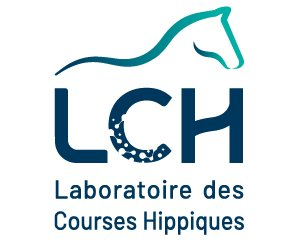
Chargé(e) de Recherche et Innovation (H/F) / Senior Scientist Research & Innovation (M/F)
Chemistry - BiochemistryConfirmed -
JobFixed-termRef. ABG125071KTH- Sweden
ERC-funded postdoc position on the detection of gas-phase organic radicals, KTH, Stockholm, Sweden
Chemistry - Physics - Engineering sciencesAny

